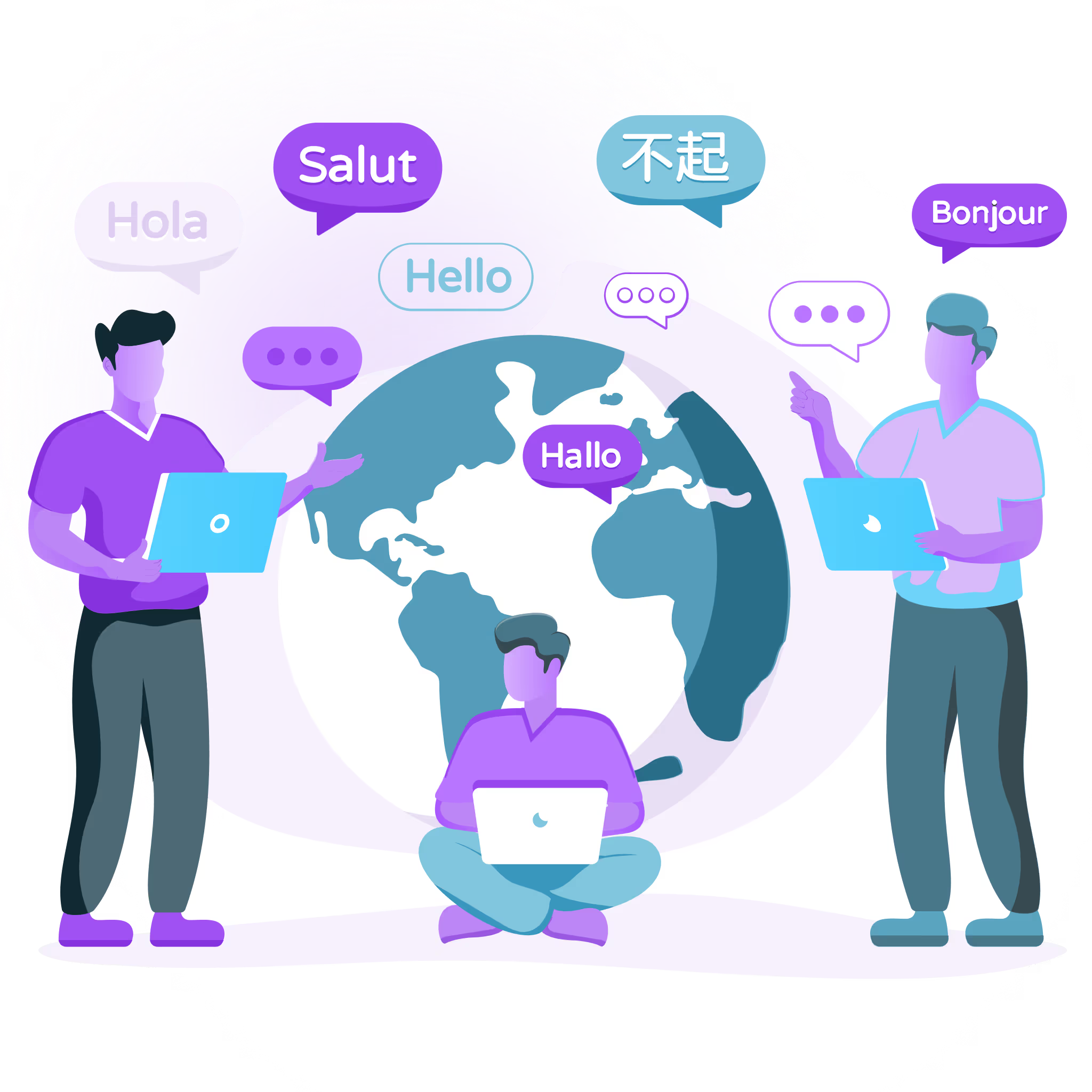Before we dive into the subject of this blog post, let’s shed some light on what website localization and user experience essentially are.
Website Localization
When an existing website is adapted to the local language and culture of the market that a company wishes to target, it is referred to as website localization. Website localization does not simply mean translating content into another language but also involves adapting the content to fit into the cultural context of the target market.
User Experience
User experience is the overall experience a user has when using a website or an app. User experience usually refers to how easy the website is to use and how easily the user finds whatever they are looking for.
Now that we know what website localization and user experience means, the following is a detailed understanding of how website localization enhances the user experience.
Users Relate Better to Localized Content
Because of the expansion of global marketing, there has been a rapid growth in the number of non-English-speaking internet users. Therefore, in order to succeed in international markets, it’s vital to reach out to targeted audiences in a language and context that they understand and can relate to.
Something that makes sense in English does not necessarily translate to the same thing in another language. Context is of the essence, and this is where website localization comes into play. It allows users to read content and think about it in a context that they are familiar with and feel comfortable with. In turn, this makes the user relate more to the company that is selling the product or service.
Localized metaphors, dialect, slang, creative expressions, cultural and social norms, and aesthetic preferences, such as layout, colors, and images, are all things that make sense to the user. The user is more easily able to determine if the product or service is good for them. When they can understand more about the company and its products or services, they are more likely to go ahead and make a purchase.
Localized Context Is Attractive to the User
Every country and culture is different. For instance, some countries use a 24-hour format, while others prefer the 12-hour clock, and some languages are written in different directions. These preferences and more need to be taken into consideration when localizing a website for its target market. The most important things to note are.
- Your website should display local currencies.
- Payment options should be available with local payment vendors.
- The date and time format should be adapted to local usage.
- The name fields should be localized – is the last name first or last?
- Customer support should be multilingual.
Taking care of these things helps a local user quickly navigate through your website and make a purchase. Avoid having a user spend time selecting something to buy and then abandoning the purchase simply because there is no payment option that works for them.
Multilingual Customer Support Creates a Better User Experience
The journey between the buyer and seller does not end once the purchase is made. In fact, it extends throughout the lifetime of the product or service. Issues and queries can arise at any time and your customer support service must be ready. Customers from any part of the globe speaking any language must be catered to. Buyers whose grievances are taken care of easily in their own language will become satisfied customers who are likely to purchase from you again.
Localize Can Help You
If you want to successfully do business in the global marketplace, localizing your marketing content is essential. Contact Localize for a discussion on how we can help you localize your website to enhance the user experience of your target customers.



%201.png)




